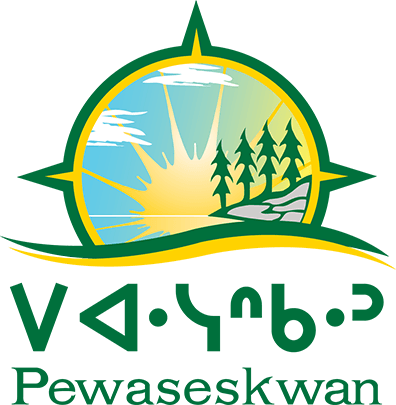The Recovery Lake Program (RLP) is a community-led program in the northern village of Pinehouse, a predominantly Métis community, established with the aim of using wholistic community-led and -driven approaches to promote healing in the context of substance use.
Substance and alcohol use is a problem in northern Saskatchewan, with the rate of hospitalizations for alcohol-related issues and injuries suffered while intoxicated is more than five times the national average. Additionally, barriers at the individual, social and cultural levels in isolated communities continue to impede access to substance use treatment.
This research project will explore improving service delivery by incorporating additional land- and culture-based activities as part of the program, conduct process and outcome evaluations to provide much-needed etuaptmumk (Two-eyed Seeing) evidence, and examine the inclusion of an aftercare component to further advance health and wellness outcomes for clients.
Objectives:
- Evaluate of the Recovery Lake Program to highlight the wise practices of land- and culture-based interventions in the context of substance use for Indigenous communities.
- Make recommendations towards policy formulation and service delivery.
Dr. Malcolm King and Pewaseskwan built and nurtured relationships with Pinehouse over the course of two years. The team was privileged to be invited to community gatherings about the RLP; by participating in these meetings and conducting further interviews with key community members, the team supported the community in identifying research priorities and developing the study’s framework. Pinehouse is heavily invested in the project and will assume leadership all through project implementation.
Established in 1987, the RLP is held at a campsite close to the community, from late spring to early fall, with approximately 10 to 15 participants at a time (Joehnck, 2017). Community members provide all-around support in terms of funding, the provision of traditional foods, the facilitation of cultural activities and workshops, and addictions and spiritual counselling. The RLP’s approach to wellness is based on cultural continuity which is described as “traditional intergenerational connectedness, which is maintained through intact families and the engagement of Elders, who pass traditions to subsequent generations” (Loppie Reading & Wien, 2009).
The expected participant outcomes centre around generational healing and recovery, with a focus on harm reduction, as opposed to the pursuit of complete sobriety.
It is funded by the Canadian Institutes of Health Research.
For more information:
https://kineepik.blacksundesign.ca/recovery-lake/
Alex Smith - alex.smith@usask.ca


